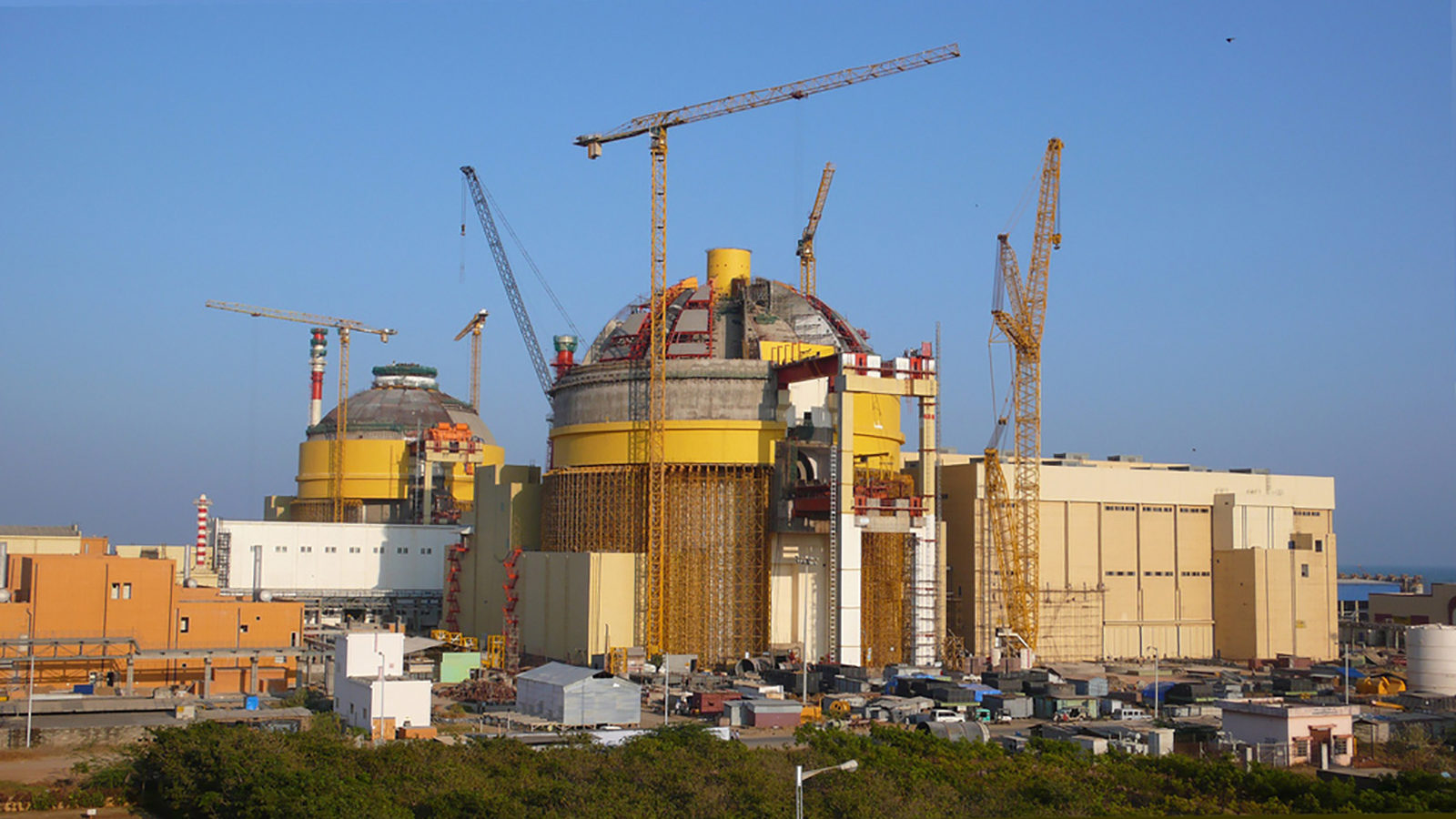
Operationalising India’s Nuclear Agreements
Analysing the legal barriers delaying the execution of India's nuclear agreements
Summary: The report studies provisions of the Civil Liability for Nuclear Damage Act, 2010 to identify reasons for delays in the execution of India's nuclear agreement. Reforms to this legislative framework and its administrative arrangements are recommended.
In the wake of its growing energy requirements, India has entered into agreements for the peaceful use of nuclear energy with several countries. The operationalisation of several of these agreements required India to adopt a legislation on the civil liability for nuclear damage, to bring it in line with prevailing international standards on nuclear liability. In this context, the Civil Liability for Nuclear Damage Act, 2010 (‘CLND Act’) was brought into force in order to provide for civil liability for nuclear damage that is legally channelled to the operator of the nuclear industry through a no-fault liability regime. However despite the adoption of the CLND Act and the Civil Liability for Nuclear Damage Rules, 2011 (‘CLND Rules’) thereunder, India’s nuclear energy agreements with several countries have yet to be operationalised. The main reason for this standstill pertains to certain provisions of the CLND Act that are at variance with internationally prevalent standards in this regard.
In this Report, we seek to analyse these provisions that have delayed the execution of India’s nuclear agreements. Through this analysis, we recommend specific reforms to the legislative framework and administrative arrangements under the CLND Act and Rules to put an end to such delays.



